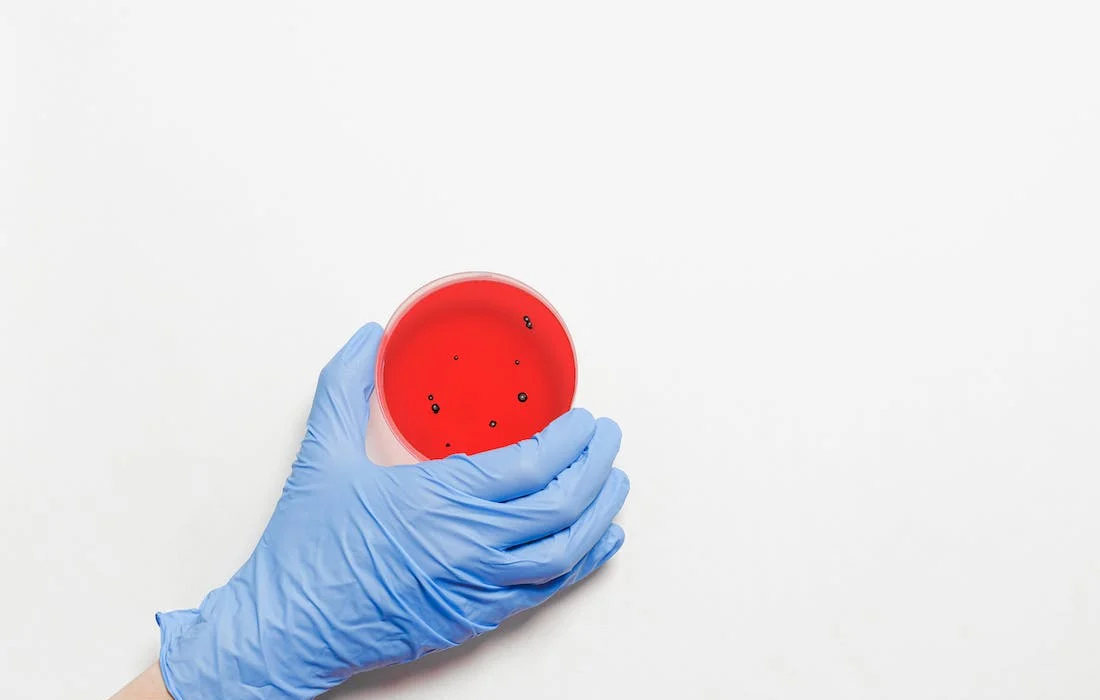Regenerative Medicine News and General Information
New Discovery May ‘Unlock’ the Future of Infectious Disease and Cancer Treatment
Researchers have identified a ‘guard mechanism’ for a protein which attacks microbes in infected cells, opening the possibility of new treatments for Toxoplasma, Chlamydia, Tuberculosis and even cancer.
A study, led by the University of Birmingham and published in Science has discovered the lock and key mechanism that controls the attack protein GBP1. GBP1 is activated during inflammation and has the potential to attack membranes within cells and destroy them.
The research has revealed how the attack protein is controlled through a process called phosphorylation, a process in which a phosphate group is added to a protein by enzymes called protein kinases. The kinase targeting GBP1 is called PIM1 and can also become activated during inflammation. Phosphorylated GBP1 in turn is bound to a scaffold protein, which keeps uninfected bystander cells safe from uncontrolled GBP1 membrane attack and cell death.
The newly discovered mechanism prevents GBP1 from attacking cell membranes indiscriminately, creating a guard mechanism that is sensitive to disruption by the actions of pathogens inside the cells. The new discovery was made by Daniel Fisch, a former PhD student in the Frickel lab working on the study.
Dr Frickel and her team conducted this initial research on Toxoplasma gondii, a single-celled parasite that is common in cats. Whilst Toxoplasma infections in Europe and Western countries are unlikely to cause serious illness, in South American countries it can cause reoccurring eye infections and blindness and is particularly dangerous for pregnant women.
The researchers found that Toxoplasma blocks inflammatory signalling within cells, preventing PIM1 from being produced, meaning that the “lock and key” system disappears, liberating GBP1 to attack the parasite. Switching PIM1 ‘off’ with an inhibitor or by manipulating the cell’s genome also resulted in GBP1 attacking Toxoplasma and removing the infected cells.
Dr Frickel continued: “This mechanism could also work on other pathogens, such as Chlamydia, Mycobacterium tuberculosis, and Staphylococcus all major disease-causing pathogens which are increasingly becoming more resistant to antibiotics. By controlling the guard mechanism, we could use the attack protein to eliminate the pathogens in the body. We have already begun looking at this opportunity to see if we are able to replicate what we saw in our Toxoplasma experiments. We are also incredibly excited about how this could be used to kill cancer cells.”
PIM1 is a key molecule in the survival of cancer cells, while GBP1 is activated by the inflammatory effect of cancer. The researchers think that by blocking the interaction between PIM1 and GBP1 they could specifically eliminate cancer cells.
Dr Frickel said: “The implication for cancer treatment is huge. We think this guard mechanism is active in cancer cells, so the next step is to explore this and see if we can block the guard and selectively eliminate cancer cells. There is an inhibitor on the market which we used to disrupt PIM1 and GBP1 interaction. So, if this works, you could use this drug to unlock GBP1 and attack the cancer cells. There is still a very long way to go, but the discovery of the PIM1 guard mechanism could be a massive first step in finding new ways to treat cancer and increasingly antibiotic-resistant pathogens.”
Sources:
Daniel Fisch et al. PIM1 controls GBP1 activity to limit self-damage and to guard against pathogen infection. Science, 2023 DOI: 10.1126/science.adg2253
University of Birmingham. (2023, October 5). New discovery may ‘unlock’ the future of infectious disease and cancer treatment. ScienceDaily. Retrieved October 9, 2023 from www.sciencedaily.com/releases/2023/10/231005161759.htm
Photo by Anna Shvets from Pexels: https://www.pexels.com/photo/hand-holding-petri-dish-3786245/

